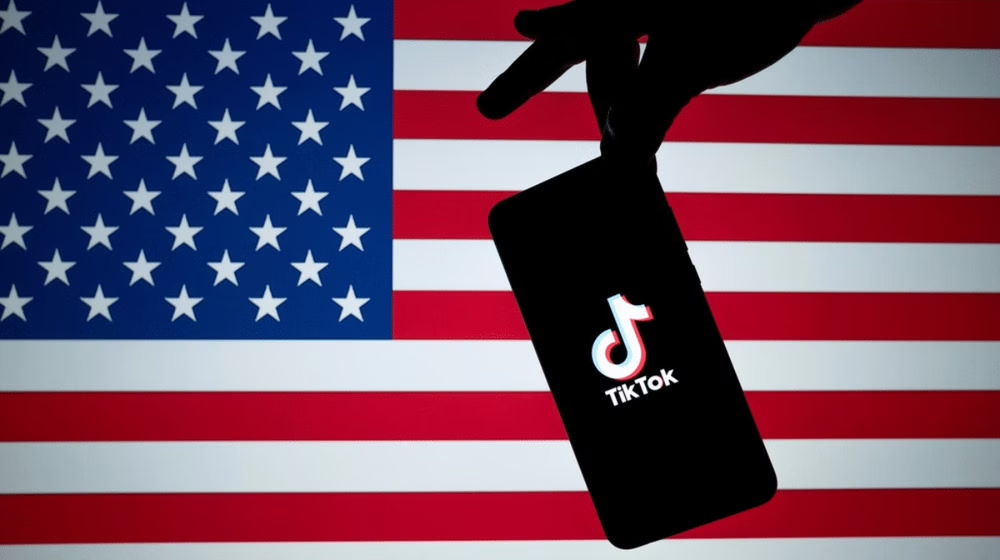When Elon Musk endorsed Donald Trump for president last month, it marked a notable alignment with a candidate who has promised to end electric vehicle mandates and reduce subsidies—policies that have been crucial to Tesla’s growth. Despite Musk’s endorsement of Trump, who has vowed to “drill, baby, drill” and cut back on support for electric vehicles (EVs), Tesla continues to lobby for the very benefits that helped establish its dominance in the EV market.
Tesla’s growth has been significantly supported by government loans, tax breaks, and emissions regulations. For instance, in February, Tesla urged the Biden administration to allow California to enforce stricter vehicle emissions rules, contrary to Trump’s stance. Additionally, Tesla has lobbied for regulations banning most new gasoline cars by 2035, which Trump and other Republicans oppose.
Musk, who has become increasingly critical of subsidies, is known for sending mixed signals regarding government support. “Elon tends to say he’s hostile to subsidies while Tesla is gobbling them up like a hungry Godzilla,” remarked Mike Murphy, a Republican strategist.
Tesla’s approach to subsidies is seen as pragmatic, with the company leveraging available public funds to its advantage. Musk’s broader ambitions, spanning various industries such as AI, space exploration, and neuroscience, may influence his seemingly contradictory stances on business and politics.
Despite Musk’s support for Trump, who has been critical of progressive platforms and EV subsidies, Tesla remains reliant on government assistance. The company’s first major facility was funded by a $465 million loan from the U.S. Department of Energy, and since 2018, Tesla has earned nearly $9 billion from selling regulatory credits.
Musk’s recent comments and lobbying efforts illustrate this tension. Tesla continues to advocate for stricter emissions regulations and greater government support, while Musk’s endorsement of Trump, who opposes such policies, raises questions about his true priorities.
Tesla’s lobbying filings reflect its ongoing push for government benefits, including tax credits for battery manufacturing. These credits are expected to generate significant revenue for Tesla, with potential quarterly gains of up to $250 million. Meanwhile, Musk’s public statements often clash with his company’s lobbying efforts, highlighting the complex interplay between business strategy and political endorsement.
As Musk continues to navigate these conflicting interests, his support for Trump and simultaneous reliance on EV subsidies underscore the challenges of balancing political alignment with business needs.



